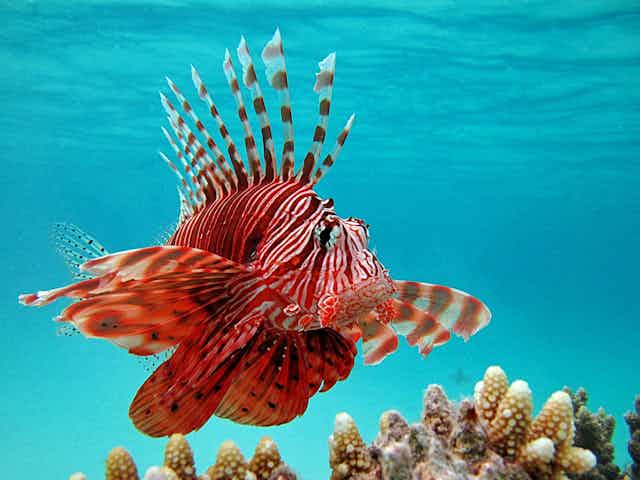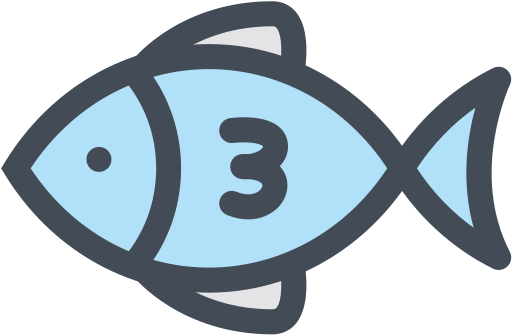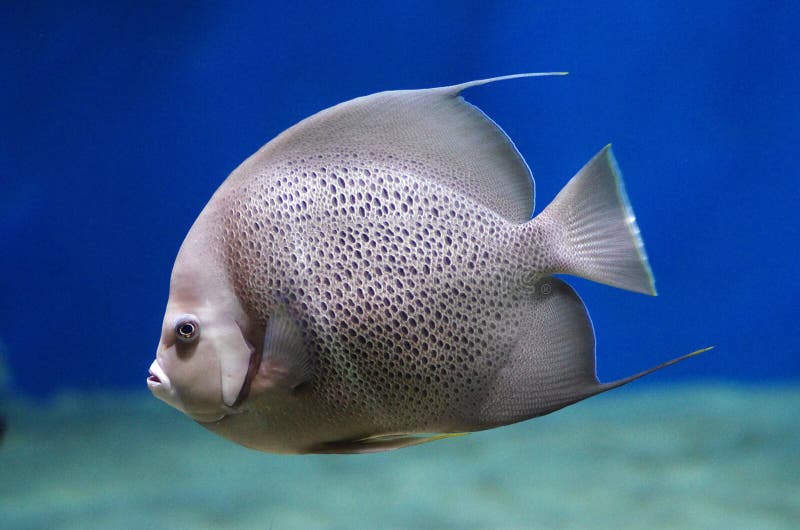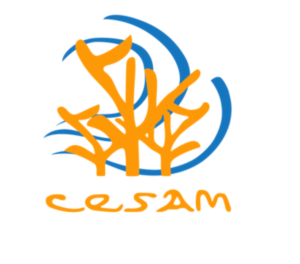Bienvenido a cesampr.com
Me llamo Julio Crespo y soy el encargado de llenar este sitio de artículos. Nuestra organización estudiantil se dedica al estudio y la conservación del mundo acuático. Hacemos trabajos de investigación y tenemos una misión social, como la limpieza anual de playas.
A lo largo de los años de estudio de diferentes especies de peces y otras criaturas submarinas hemos acumulado muchos conocimientos que pueden ser interesantes y útiles para la gente. Hemos decidido desarrollar nuestro sitio web escribiendo artículos sobre lo que hacemos y lo que entendemos.
También tenemos un canal de youtube y le recomendamos que se suscriba a él. www.youtube.com/@CESAMPR
La mayoría de los grupos de peces descendieron de un protocordado desconocido hace 550 millones de años atrás. El pez moderno se puede definir como vertebrado acuático con agallas, aletas y usualmente con piel cubierta por escamas de origen dermal. Estos no forman un grupo monofilético y se consideran vertebrados que no son tetrápodos. El ancestro común de los peces son el mismo de los vertebrados terrestres. Entre las clases más abundantes se encuentran los peces cartilaginosos y peces oseos.
La mayoría de los peces se consideran ectotérmicos o de “sangre fria”. Respiran intercambiando gases mediante agallas y tienen un sistema circulatorio cerrado. La mayoría de los peces excretan desperdicios nitrogenados como amonia y algunos lo difusionan a través de las agallas.
Referencia: Jr. Hickman, Larry Roberts, Susan Keen, Allan Larson, Helen I’Anson, David J Eisenhour, David Eisenhour. Integrated Principles of Zoology.

Ángel Francés |
|

Pez León |
¿Qué hacemos?
|
Investigaciones
CESAM te ofrece la oportunidad de trabajar en investigaciones marinas y ambientales. Muchas de ellas con mentores de la Universidad de Puerto Rico Recinto de Río Piedras. También información de internados donde podrás tener una experiencia de crecimiento en el mundo de la investigación y tener tu propia parte dentro de un proyecto. |
Talleres y charlas
CESAM le ofrece talleres y charlas a todos los niveles de las escuelas y comunidades. Tenemos para escoger una variedad de temas dentro de ambiente marino, animales marinos, y otros.
|
Mesa informativa
CESAM participa en festivales y otros eventos alrededor de Puerto Rico ofreciendo una mesa informativa donde se le provee información al público sobre temas de ambiente marino con el fin de crear concencia a todas las comunidades sobre la importancia de nuestros ecosistemas marinos.
|
|
Limpieza de costas
CESAM participa y realiza limpiezas de costas alrededor de la Isla durante todo el año.
|
Patrullaje de nidos de tinglar
Somos parte de la iniciativa para proteger a los Tinglares. Colaboramos con diferentes grupos tortugueros de la Isla para el patrullaje de las playas con el propósito de proteger al Tinglar.
|
Buceo y snorkeling recreativo
Para compartir y poner la educación en acción CESAM organiza viajes para bucear y snorkeling a diferentes playas de la Isla.
|
Proyectos Anuales
|
El Festival de la Colilla es un recogido de colillas que se lleva a cabo anualmente el 25 de julio en la playa Ocean Park. Este evento es con el propósito de educar al público sobre el impacto que las colillas de los cigarrillos tienen en el ambiente marino. Entérate más del Festival de la Colilla aquí.
|
Marea Alta es un evento basado en la diversión y la educación. Toma lugar en los primeros meses del año. Es una noche para reunir al público y, a través de actividades creativas, educar y concientizar. Entérate más de MareAlta aqui.
|
|
|
 |



